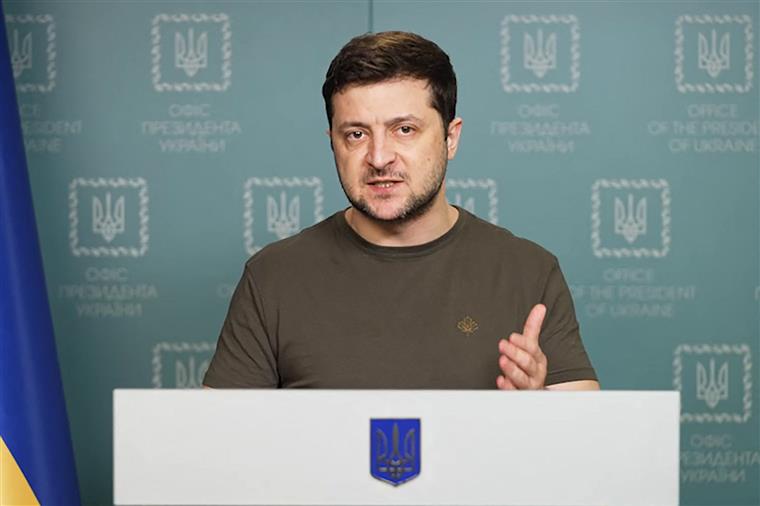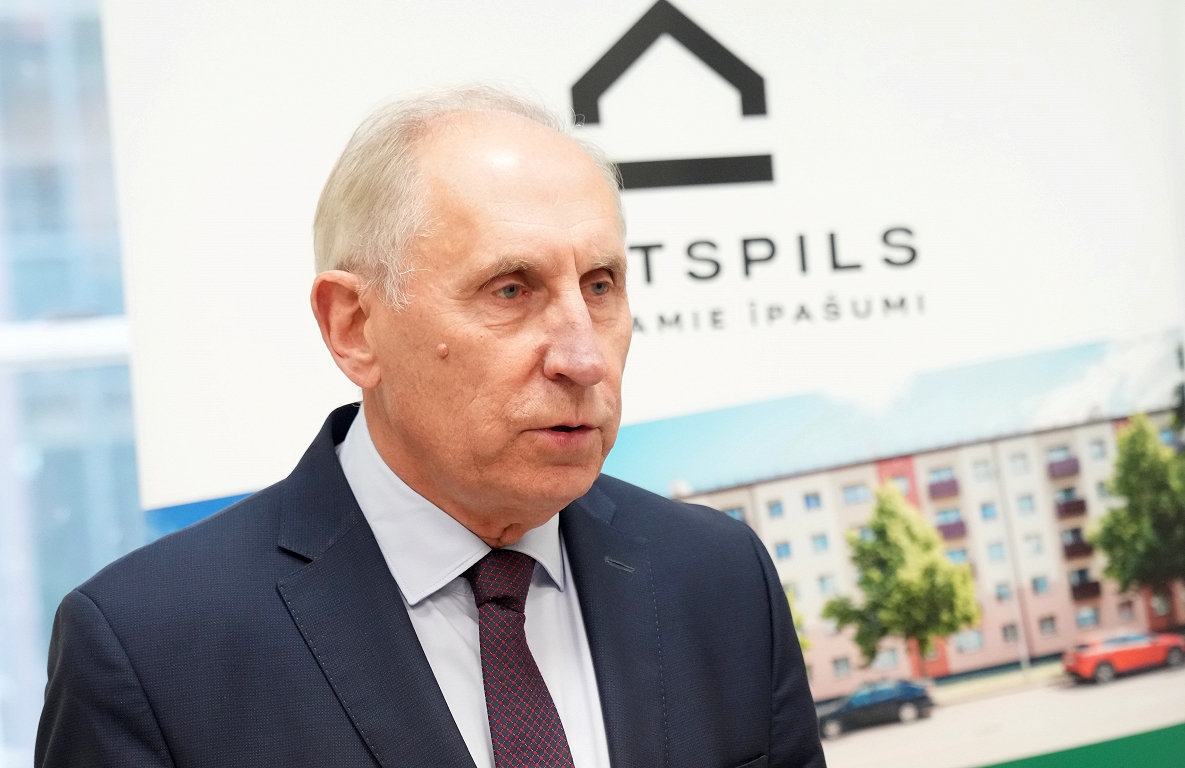To save? More literacy about energy!

The recent blackout that affected the whole country was something never felt and rekindled the debate about the centrality of energy in our lives. There were enough hours without electricity to recognize our dependence on electricity to almost everything: from hospitals, schools to transport systems to the simplest tasks of everyday life, such as cooking!
This episode has placed energy in the centrality of consumers’ daily lives, which often goes unnoticed: energy is neither an infinite resource nor guaranteed. Used to its constant presence, we forget that electricity results from a complex chain of production, distribution and consumption, which depends on natural resources, technological infrastructures and, above all, more conscious behaviors by consumers. That is, this case warns us both for the fragility of the electrical system, as well as to the weakness of our knowledge about it.
In fact, many consumers have difficulty understanding essential issues about how energy is produced and associated greenhouse gas emissions, or what is the energy consumption of their home appliances, or how they can change traders and on small gestures can have a major impact on energy invoice – and on the planet. There is no lack of information on all these themes, but rather a weak energy literacy of the Portuguese.
Energy literacy allows consumers to master knowledge and acquire competences that allow them to make informed decisions about energy use. For example, knowing how to read an electricity bill, knowing the different tariffs, or knowing the benefits of renewable sources is decisive to make more efficient use of energy and reduce their consumption, which can immediately reduce the costs of families with energy invoice.
The Energy Energy Literacy Study of ERSE, conducted in 2024, states that only 36.1% of consumers can identify rubricates in the energy bill, such as rates, taxes or the price of hired power. If most consumers do not understand the components of their invoice, then this may be an obstacle to the adoption of more efficient energy consumption practices.
In addition, the study indicates that only 30.1% of consumers know at least one simulator to compare energy prices. So, how to expect you to make more informed choices of power traders and find tariffs more suitable for your consumption profile?
It is worrying that, even with the growing discussion of sustainability and energy transition, many consumers do not yet master information on how they can manage their energy consumption at home. Domestic consumption represents a significant part of energy demand, and simple measures such as turning off standby devices, using LED lamps, regulating air conditioning use, or investing in efficient appliances can make all the difference.
Moreover, saving energy is not just a matter of home economy and invoice management. It is also an act of environmental and social responsibility. By reducing consumption, we decrease pressure on natural resources, reduce GHG emissions and contribute to greater resilience of electrical systems.
It is urgent to bet on awareness and energy literacy campaigns because only with a better informed population will it be possible to build a more sustainable, fair and safe energy future. EVA – Energy Virtual Assistance (Eva.Deco.pt) is an information and training platform for consumers to improve their knowledge of energy that seeks to collect these difficulties. It is very important that on more complex subjects, consumers also have the ability to actively seek to master these issues, because there is no shortage of information.







